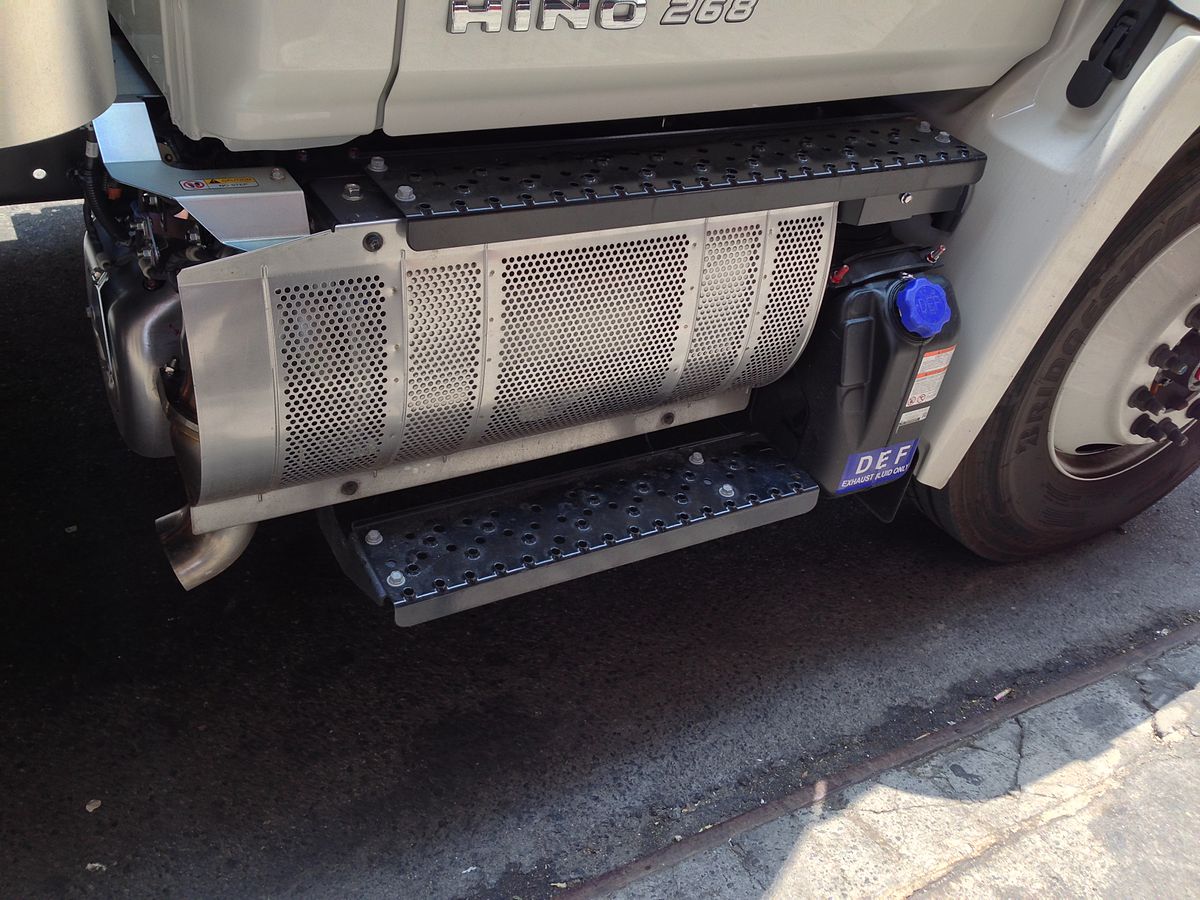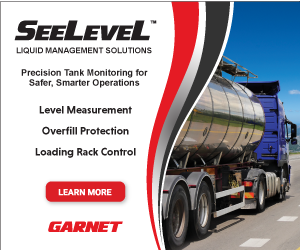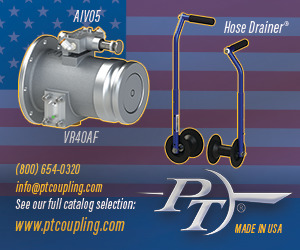A[/ddropcap]dding diesel exhaust fluid (DEF) to trucks has become fairly routine, despite some of the anxiety that came along with the debut of this new fluid a decade ago, needed to cut emissions using selective catalytic reduction. But low-quality DEF can still cause problems.
If a truck is running low-quality DEF, there are a number of issues that may occur, some of which could even void a vehicle’s warranty. This includes catalyst poisoning, deposits and injector/filter clogging. Repairs can be very expensive and downtime may be extensive.
DEF is made from a mixture of technically pure urea and purified water, and it must be handled and stored properly to preserve its quality. This is true for drivers filling up on the road and for shops that stock DEF.
The American Petroleum Institute (API) has a Diesel Exhaust Fluid Certification Program, and many diesel engine manufacturers recommend that drivers use API-licensed DEF.
Buying DEF on the Road
On the road, one of the main challenges for drivers is knowing the brand of DEF they are being sold. Many fill-up locations don’t identify the manufacturer and brand name on the receipt. Regulations in many states require this information be provided when bulk DEF is delivered. Without it, fill-up locations can’t provide the information on dispenser receipts. That makes it hard for drivers to confirm they are buying DEF that is licensed by the API program, unless it is marked, or the information is otherwise conveyed.
Enjoying our insights?
Subscribe to our newsletter to keep up with the latest industry trends and developments.
Stay InformedDrivers accustomed to purchasing DEF in containers should look at the expiration date on the bottle and be sure to use it before this date, because the product has a limited shelf life. If there’s no date, ask for the most recently delivered DEF products.
Storage conditions also have an impact on quality. DEF can be expected to have a minimum shelf life of 12 months or even longer in optimum conditions. Check the label for recommended storage temperatures. API recommends that users don’t store if for too long in their truck once they have purchased it, especially if the storage area in the vehicle is routinely hotter than the recommended storage temperatures displayed on the label. Operators sure to look for the API certification mark on the bottle as well.
Buying DEF for Shop Use
API has found that the biggest misconception by fleet managers is the belief that if the urea concentration of their DEF is on spec, then the DEF meets the required quality. While it is absolutely true that the concentration is very important, there are many other important quality characteristics built into the ISO 22241 specification.
DEF is composed of 32.5 percent technically pure urea in pure water. Each of these components is critical to making DEF that meets the quality standard. Use of sub-standard urea (such as agricultural-grade urea commonly used as fertilizer), or use of water derived directly from the public water system without proper treatment, can introduce contaminants and metals. These are not only detrimental to the life of the selective catalytic reduction system, but can also affect the SCR system’s ability to reduce harmful NOx emissions.
Fleet managers should confirm that suppliers are providing DEF that meets the ISO quality standard. One way to do this is to ensure that their supplier is providing a Certificate of Analysis (or Quality) with every shipment that addresses all of the quality characteristics that the specification requires.
Fleets and drivers can check to see if the DEF they are buying is licensed through API’s real-time directory of licensees on the API website.
Managing DEF in Shops
Making sure the DEF that is purchased is good quality won’t help if truckers don’t take care in the handling, storage and dispensing of the fluid. Proper storage temperatures, for instance, is vital. Storing in temperatures above 86 degrees will limit the shelf life of the DEF over time.
Some additional considerations when storing and handing DEF include:
- Bulk storage tanks should be dedicated for DEF. Don’t switch products in the bulk tank without thoroughly rinsing the tank with distilled or de-ionized water or on-spec DEF.
- A closed-loop system for transferring DEF from a drum or bulk tank is recommended so contaminants don’t get into the DEF. This is particularly important in a shop or construction site that has dust or dirt in the air.
- Use dedicated equipment for dispensing DEF. Don’t use funnels, pitchers, hoses, etc., that are used for other fluids when putting DEF in a tank.
- Anything used for dispensing DEF should be cleaned with distilled or de-ionized water and followed by a DEF rinse. Don’t use tap water for cleaning.
For shops and drivers, it’s important to know what you are putting into your DEF tank. The quality of the DEF going into a vehicle is as important as the quality of the engine oils or fuels used in a vehicle.
Use of API-licensed DEF will ensure that the DEF meets the high standards required by engine and vehicle manufacturers.
(from HDT Trucking Info)






















